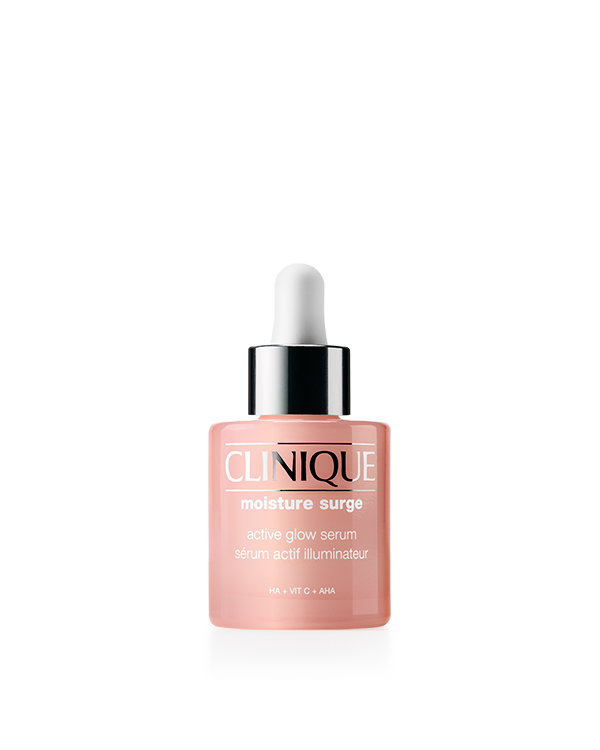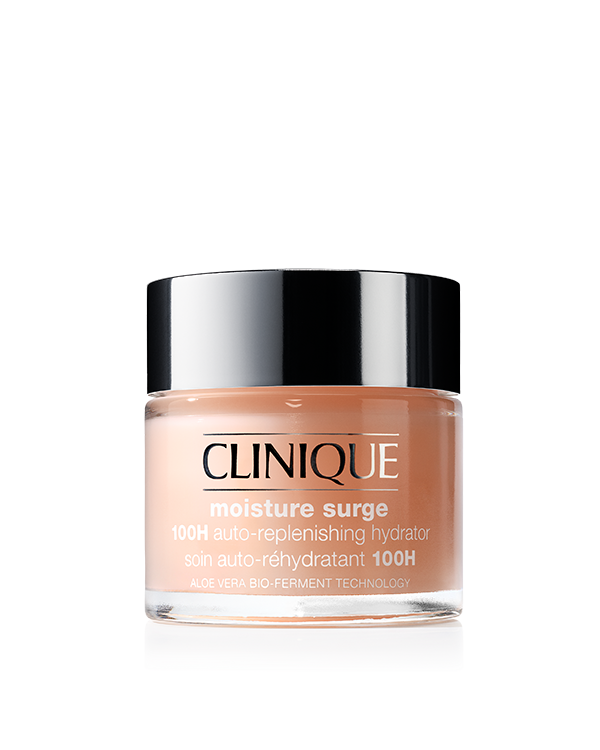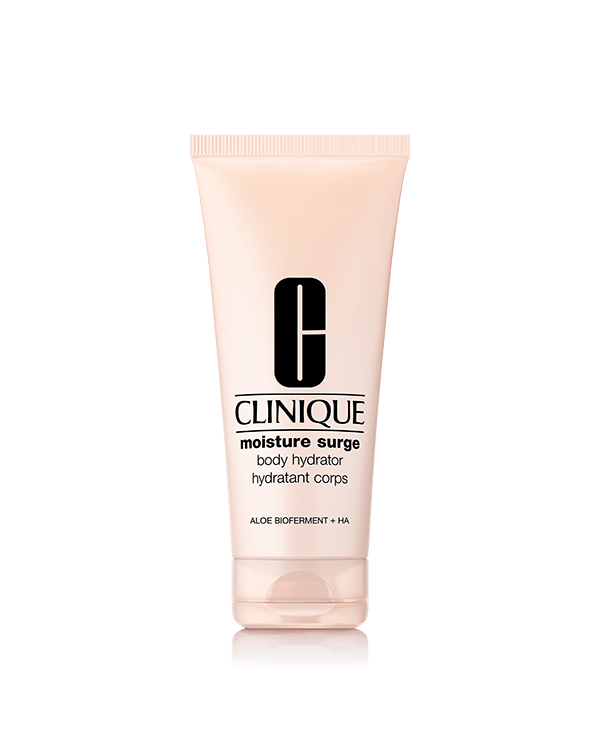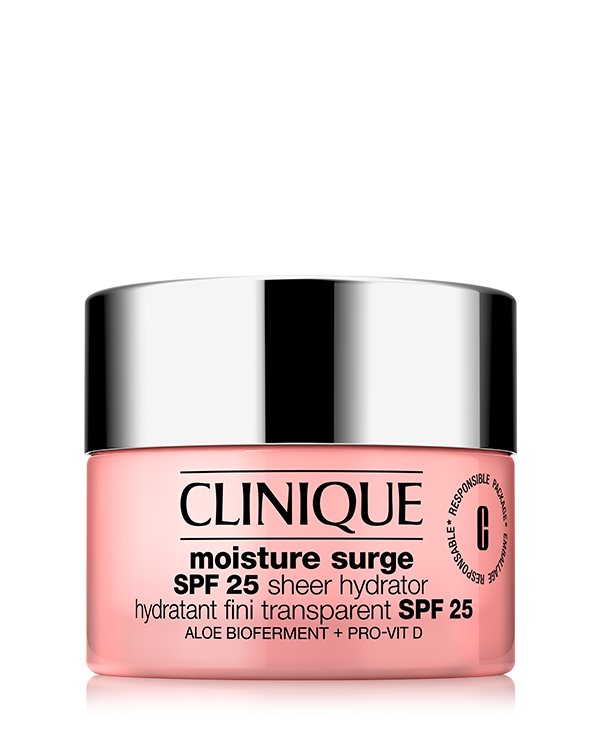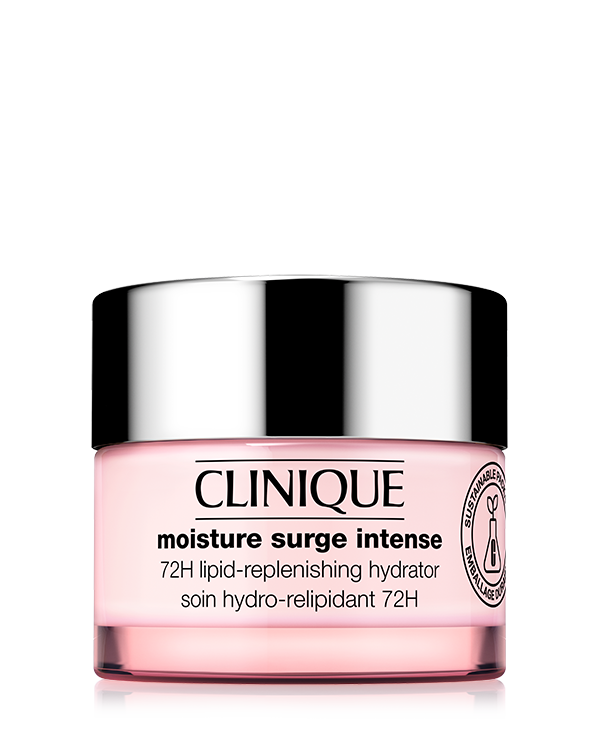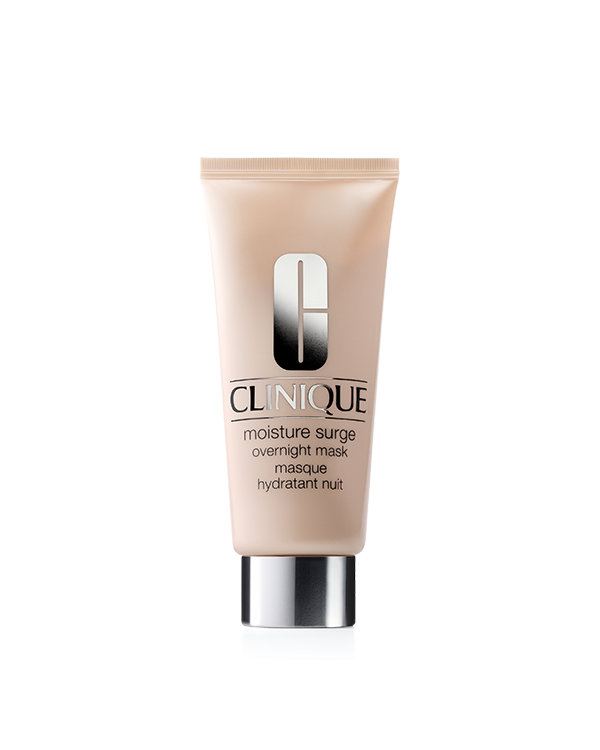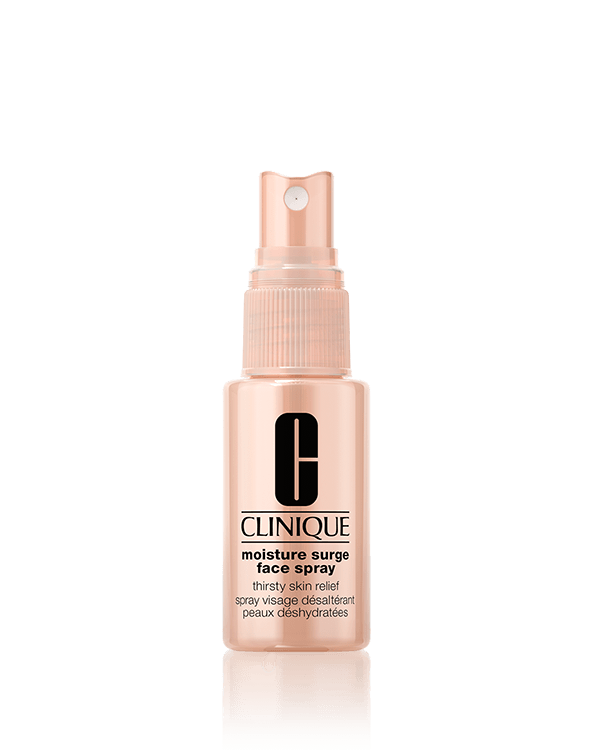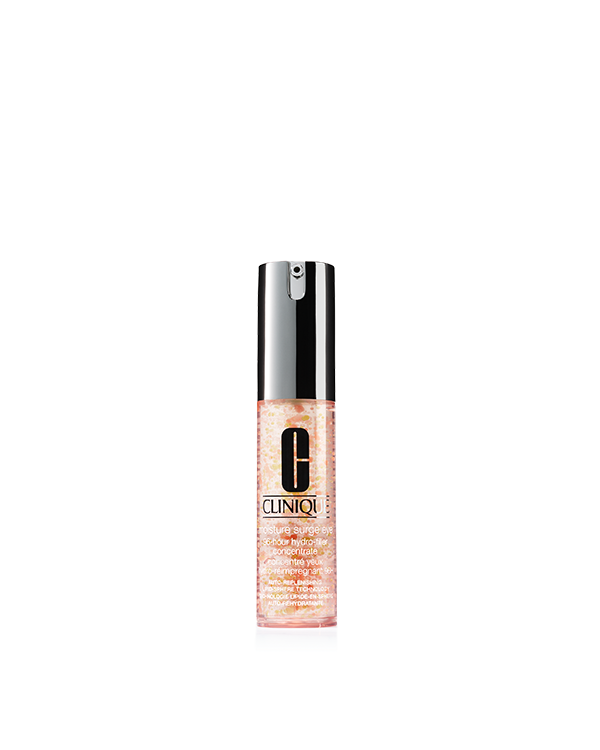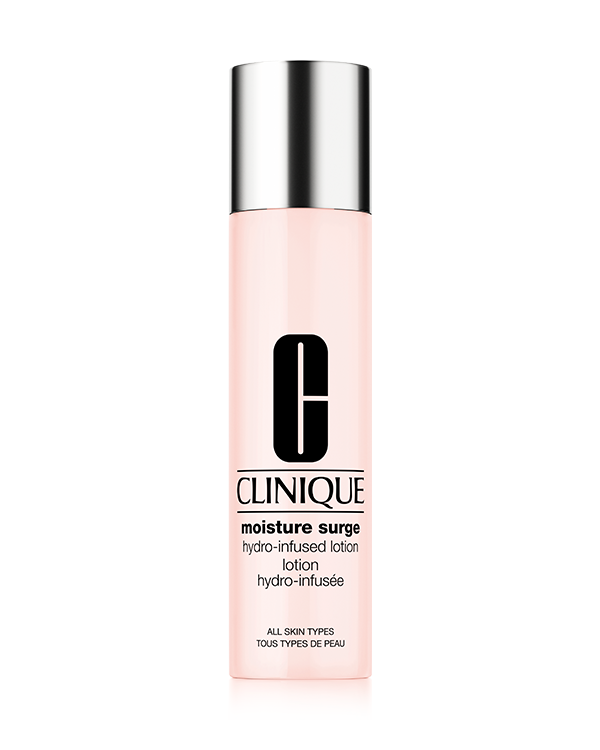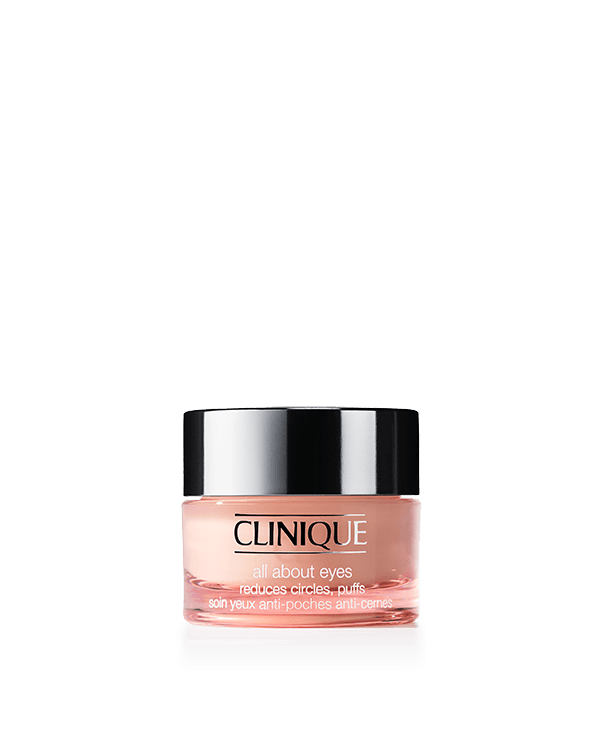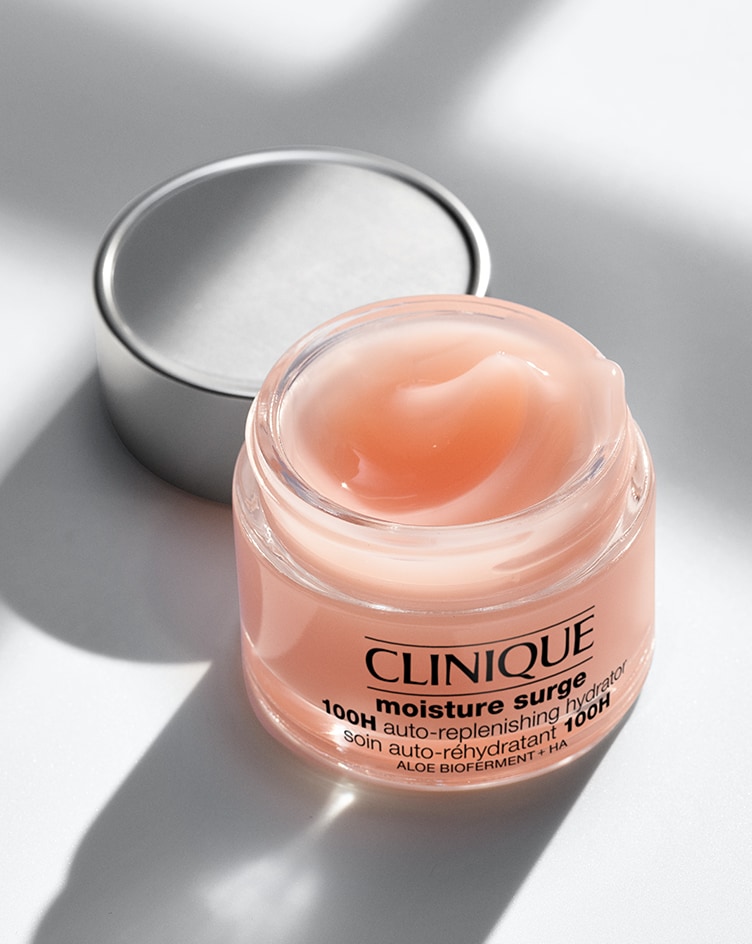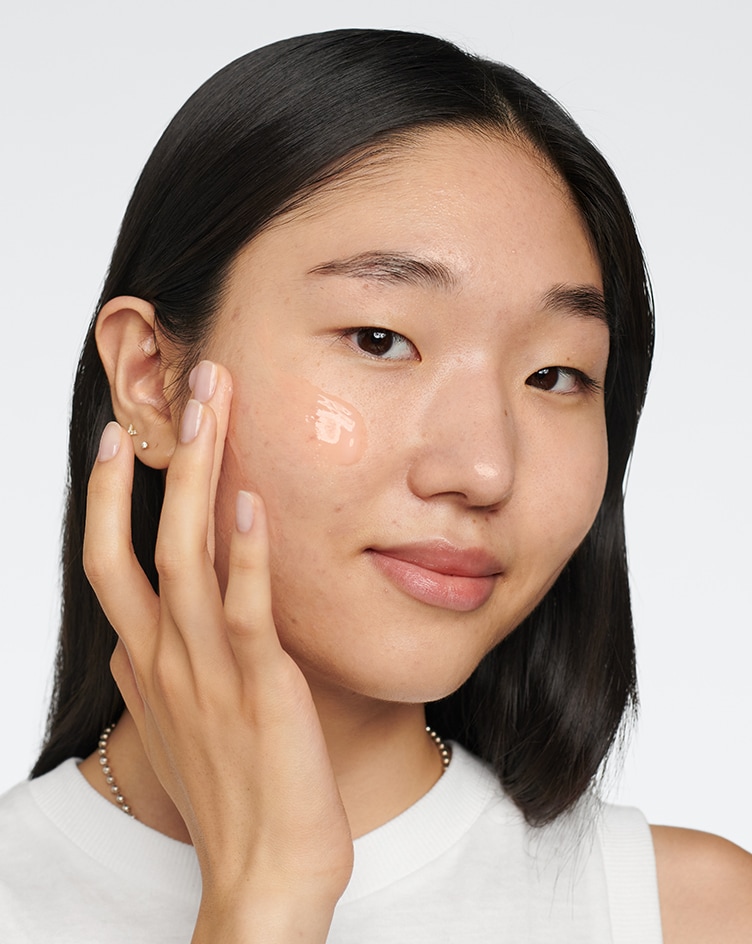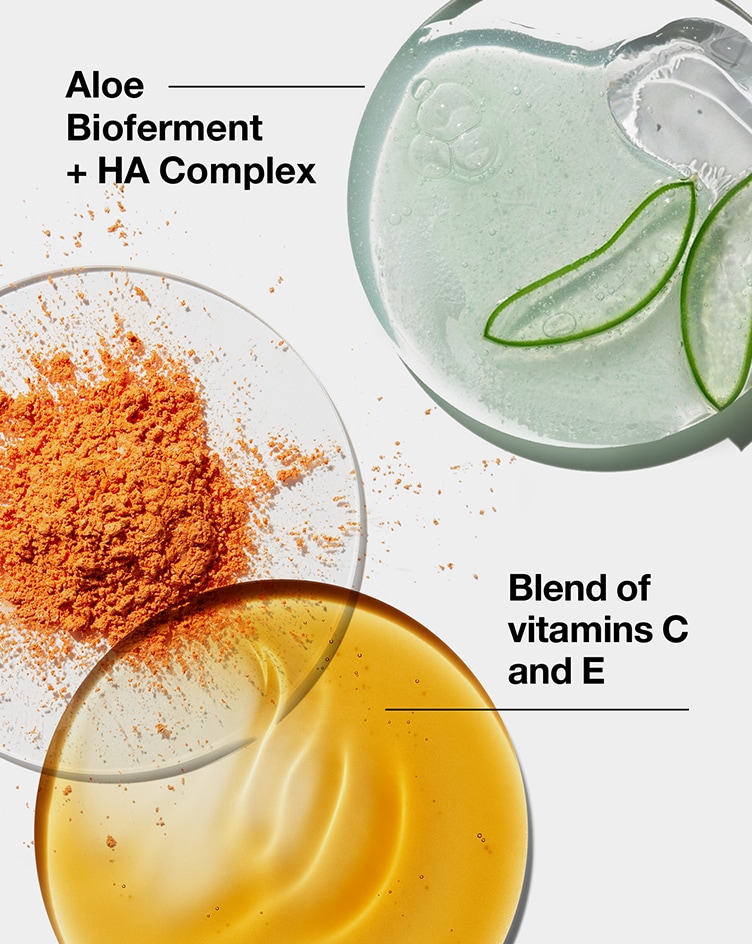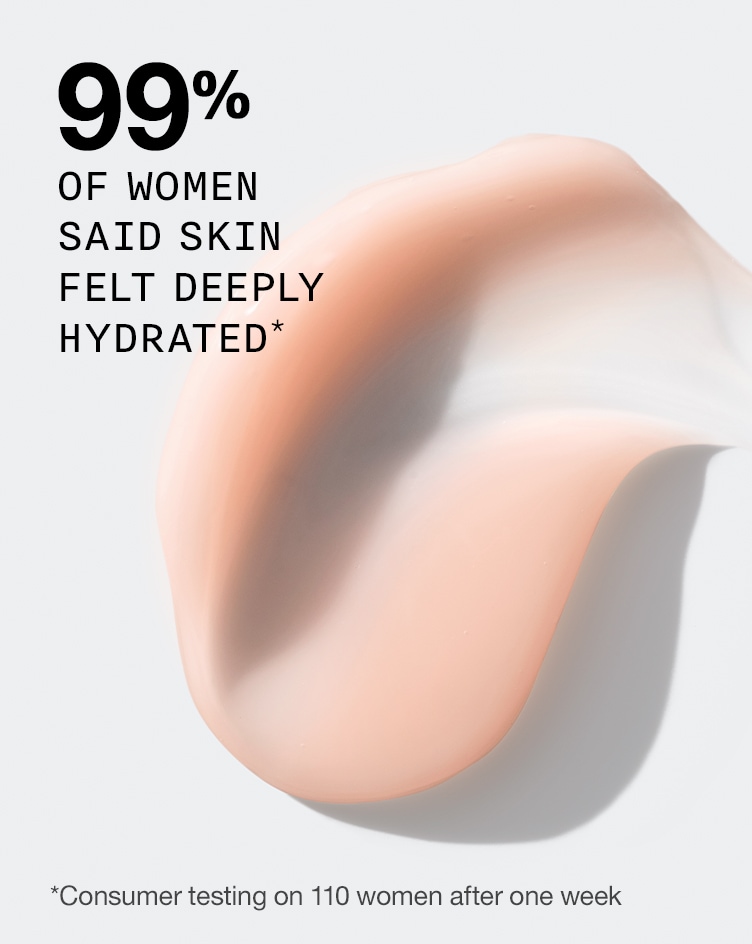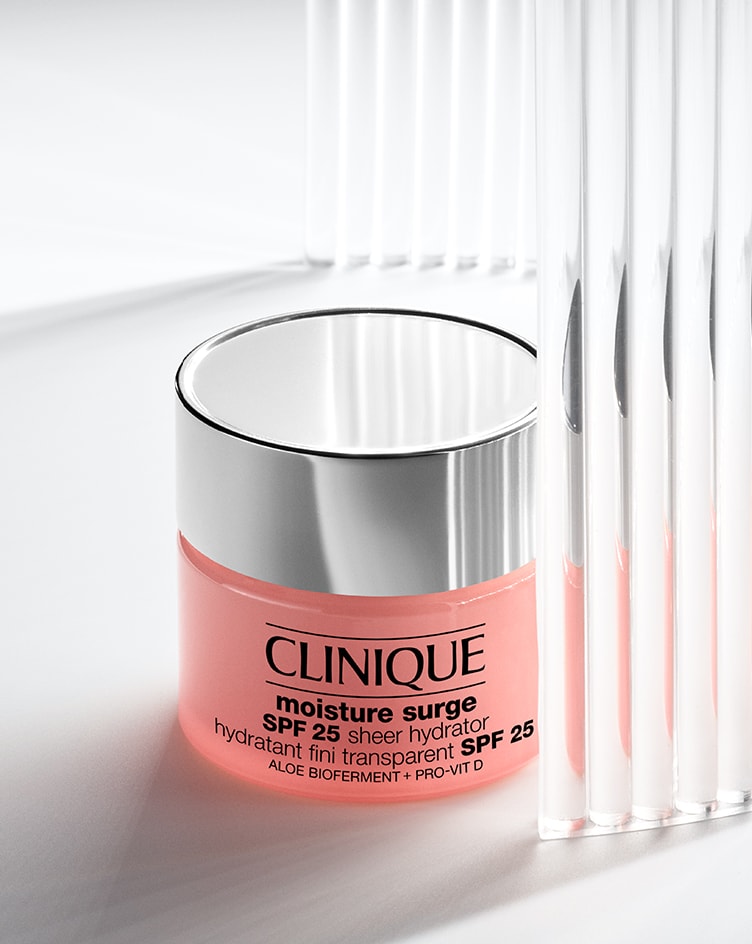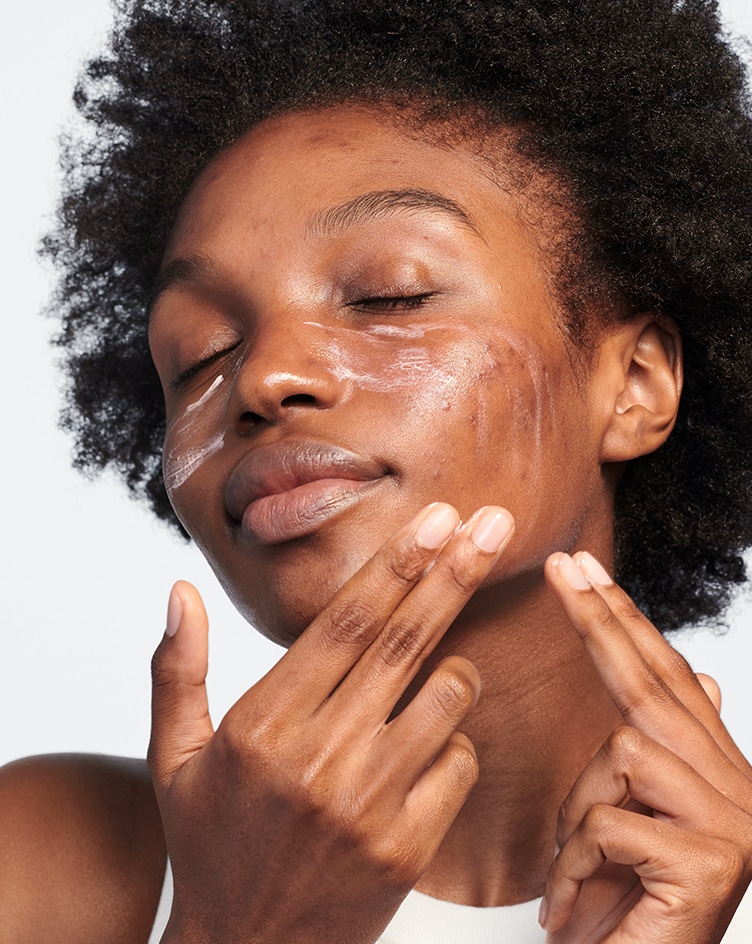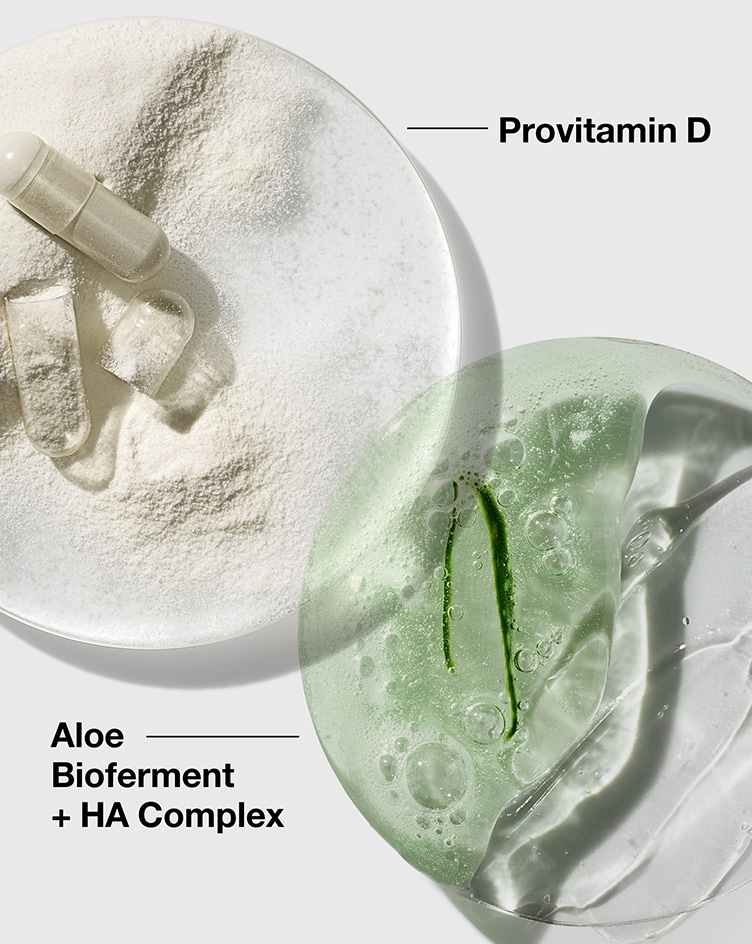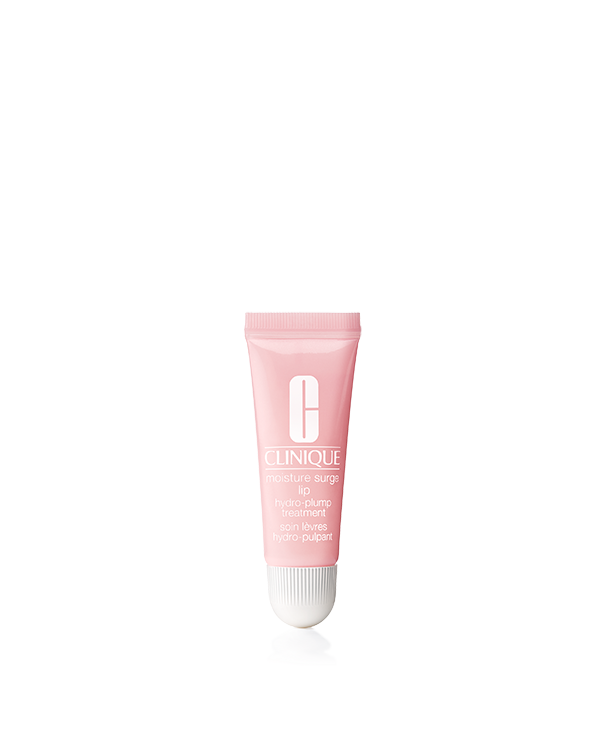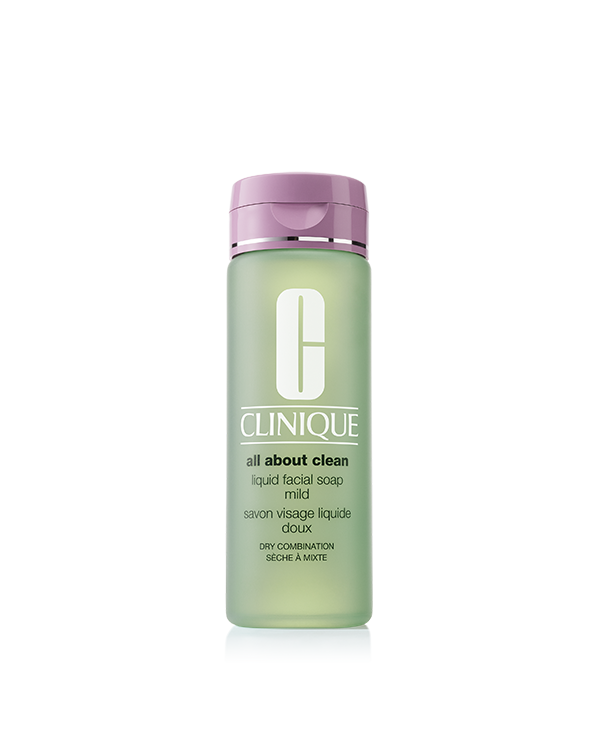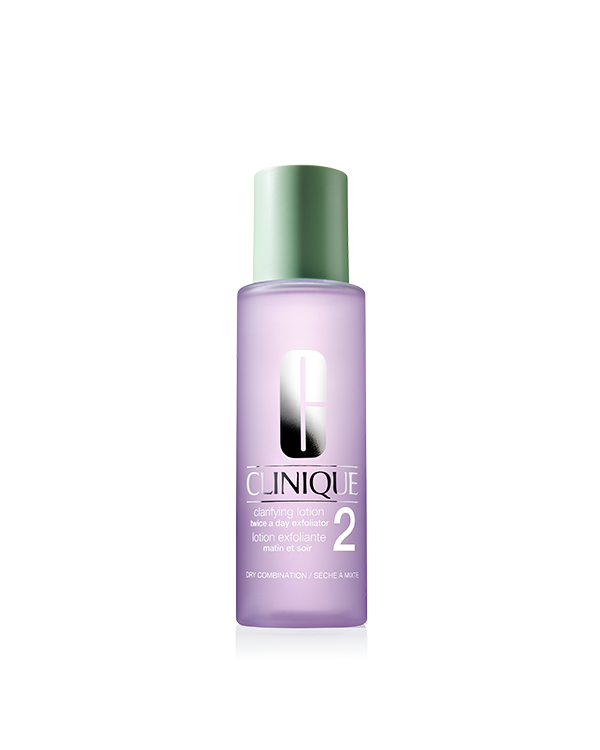
Dive into our refreshing formulas.
Product
Rating
Price
Key Benefit
Skin Type
Key Ingredients
Skin Concern
- 30ml
- 50ml
Key Benefit
Skin Type
Key Ingredients
Skin Concern
- 30ml
- 50ml
- 75ml
- 125ml
Key Benefit
Skin Type
Key Ingredients
Skin Concern
- 200ml
Key Benefit
Skin Type
Key Ingredients
Skin Concern
- 30ml
- 50ml
Key Benefit
Skin Type
Key Ingredients
Skin Concern
- 30ml
- 50ml
- 75ml
- 125ml
Key Benefit
Skin Type
Key Ingredients
Skin Concern
- 100 ml
Key Benefit
Skin Type
Key Ingredients
Skin Concern
- 30ML/1FLOZ
- 125ml
Key Benefit
Skin Type
Key Ingredients
Skin Concern
- 15ml
Key Benefit
Skin Type
Key Ingredients
Skin Concern
- 200ml
Key Benefit
Skin Type
Key Ingredients
Skin Concern
- 15ml
- 30ml
Key Benefit
Skin Type
Key Ingredients
Skin Concern









A first-ever body lotion from our Moisture Surge collection.
Find your moisturiser.
From £26.00
From £28.00






Keeps skin hydrated, leaving it glowing, looking plump, and feeling velvety-smooth.
From £26.00
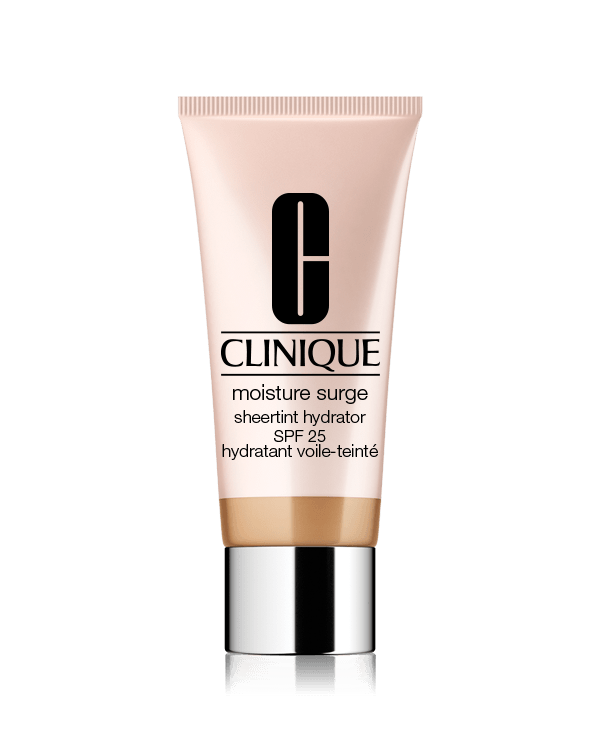
Universal Shade 3 - Light Medium
Moisture Surge™ Sheertint Hydrator SPF 25
Sheer Coverage - Natural Finish
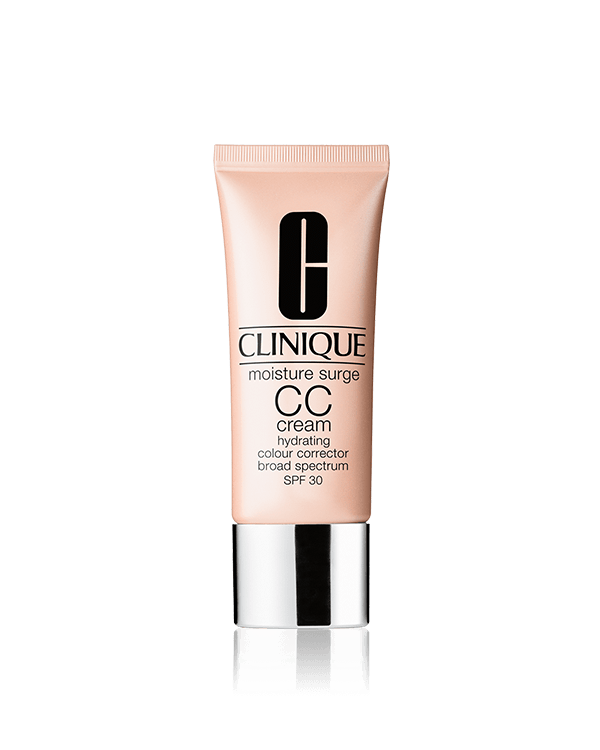
Medium
Moisture Surge CC Cream SPF 30 Hydrating Colour Corrector
Medium Coverage - Natural Finish
01. Cleanse
Gently, loosens surface flakes, removes dirt and debris, and protects skin’s natural moisture balance.
02. Exfoliate
Exfoliate sweeping away dead surface cells and reduce excess oil that can lead to breakouts.
03. Moisturise
Moisture Surge™ 100H delivers fast-acting, long-lasting hydration.
